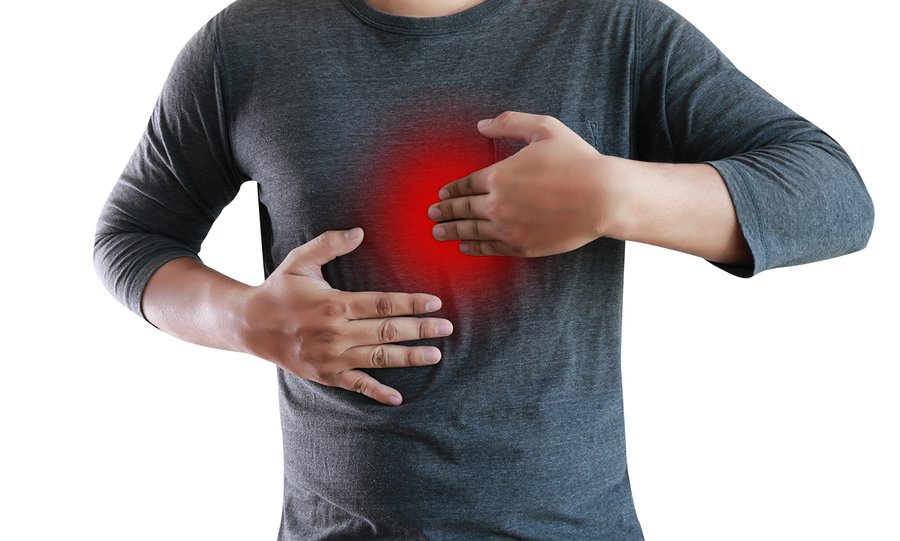Most people experience heartburn from time to time. Unfortunately, when heartburn occurs frequently, it could be a sign of gastroesophageal reflux disease or GERD. If you suffer from symptoms of GERD, it’s important to talk to your dentist to learn about potential treatments and make sure the condition hasn’t negatively impacted your dental health.
What Causes GERD?
Commonly called acid reflux, GERD occurs when the esophageal sphincter — a bundle of muscles that separates the esophagus and stomach — allows acid to leak out from the stomach. It’s not always clear why the sphincter begins to weaken or relax abnormally; however, according to the Mayo Clinic, there are known risk factors, including:
- Obesity
- Pregnancy
- Hiatal hernias
- Delayed stomach emptying
- Scleroderma and other connective tissue disorders
There are also certain factors which can exacerbate GERD, including:
- Smoking
- Eating late at night
- Consuming large meals
- Eating fatty, fried or spicy foods
- Drinking coffee or alcohol
- Taking certain medications, such as aspirin
What Is the Risk?
If you have GERD, you know it can cause especially painful and unpleasant physical symptoms. What you may not know is that it can also impact your long-term health. Long-term acid reflux can cause narrowing of the esophagus, along with esophageal ulcers. It can even cause precancerous changes to the tissue lining the esophagus.
Because GERD can cause acid to overflow into the mouth, it can also cause enamel erosion, which can significantly increase your risk of tooth decay. Unfortunately, because GERD doesn’t always cause noticeable physical symptoms, many people don’t even realize they have it.
This is why it’s so important to schedule regular oral examinations with your dentist, so he or she can look for early symptoms of GERD before it evolves into a serious issue.
What You Can Do
You can reduce your risk of GERD by eating smaller meals, cutting out smoking and alcohol, and sitting upright after eating. You should also avoid trigger foods and drinks, including tomatoes, chocolate, coffee, citric fruits, onions, garlic and foods that are acidic, spicy or high in fat. You can also reduce your risk of GERD by losing weight and exercising regularly.
If you are unable to manage your acid reflux, you can try certain medications which reduce the amount of acid your stomach creates. These include antacids, such as Rolaids, Mylanta and Tums, which can provide quick relief. You can also try prescription H-2-receptor blockers that provide longer relief by decreasing acid production from the stomach for up to 12 hours. There are also prescription medications designed to block acid and heal the esophagus. Called proton pump inhibitors, these drugs include omeprazole (Prilosec OTC, Zegerid OTC) and lansoprazole (Prevacid 24 HR).
Bear in mind, however, that medications aren’t necessarily a good long-term solution, since they sometimes cause rebound acid which can actually make GERD worse in the long run. In most cases, lifestyle changes are the best way to prevent acid reflux.
If you suspect that you have GERD, talk to your dentist about potential solutions. You should also maintain regular checkups to make sure your acid reflux isn’t increasing your risk of tooth decay by causing your tooth enamel to wear down.



 Previous Article
Previous Article